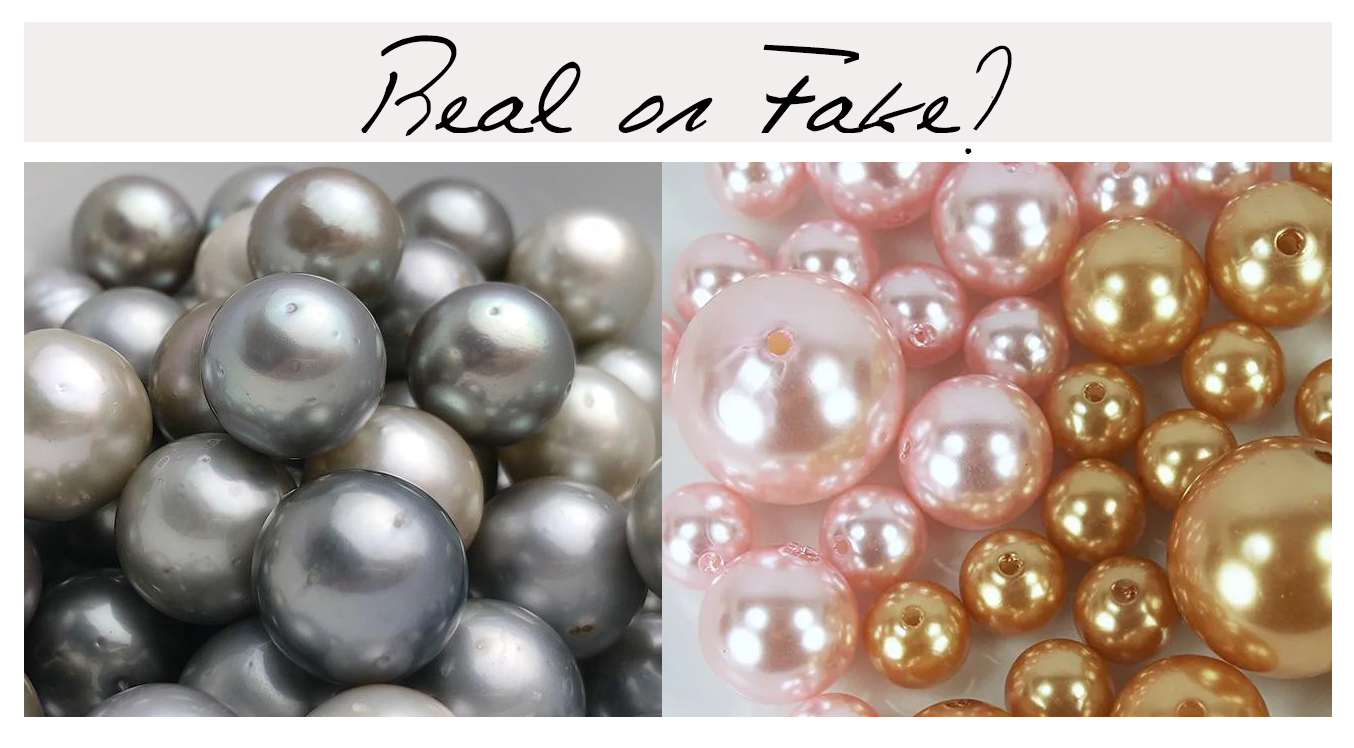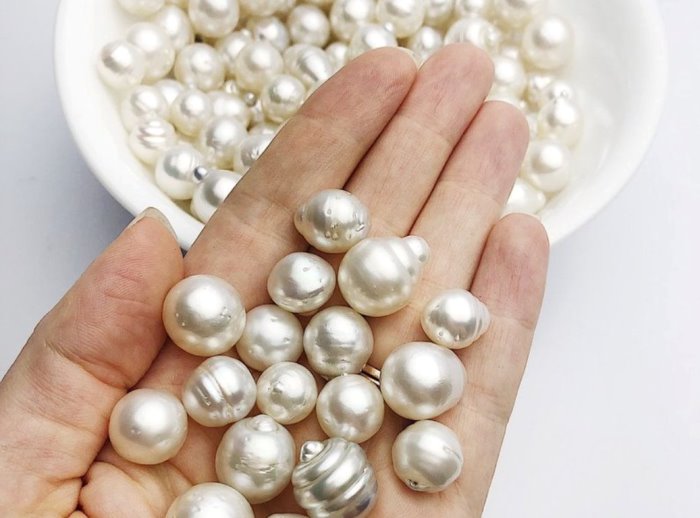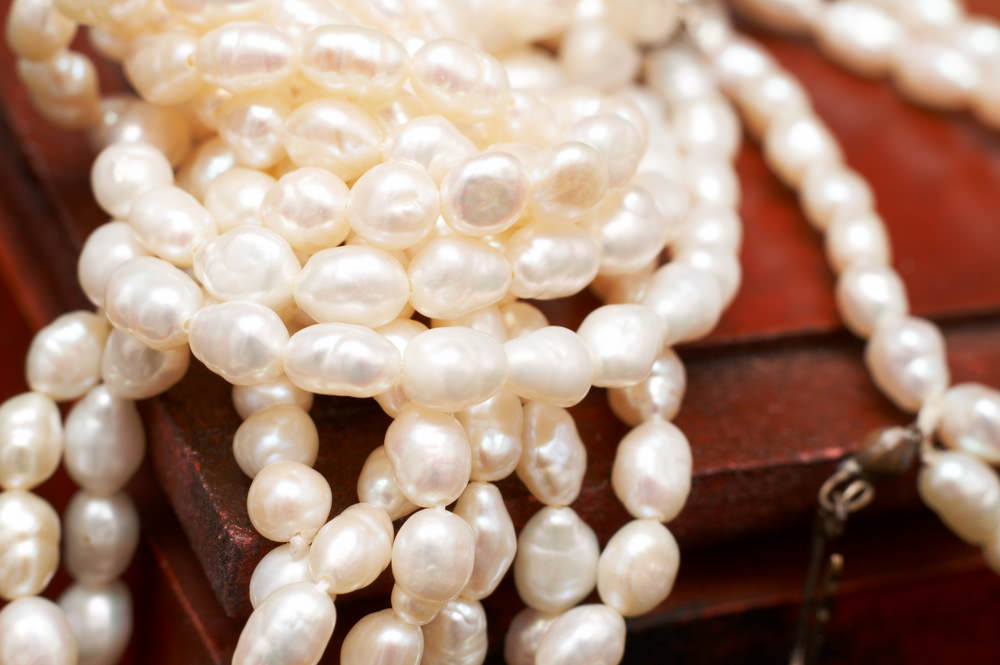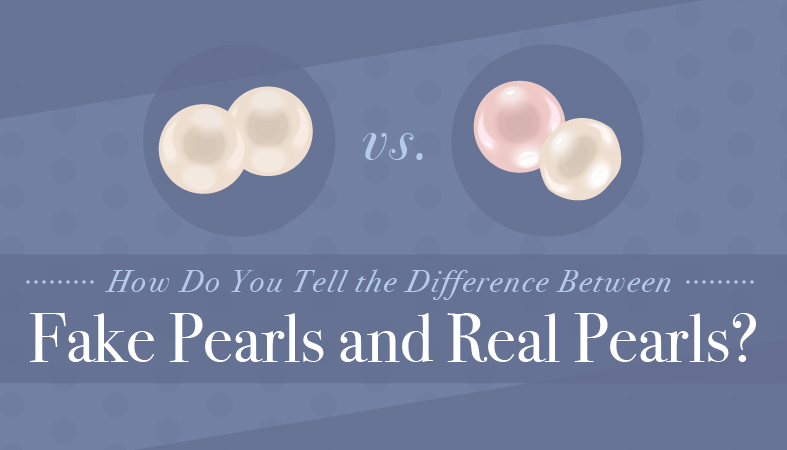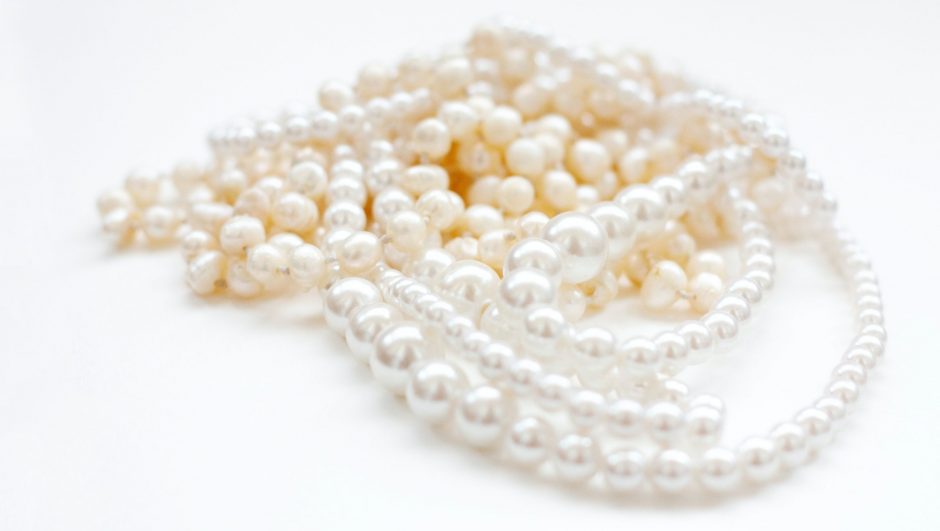Lessons I Learned From Tips About How To Check Real Pearls

Freshwater, akoya, tahitian, & south sea pearl jewelry.
How to check real pearls. Rub the pearls against your front teeth. Real pearls are elastic, after throwing them on a flat surface, they bounce up to half of height. The drill holes in real pearls are usually very small whereas those in imitation pearls are often larger.
The first contact you have with pearls can be a telltale sign of whether they are real pearls or faux pearls. Focusing on the luster and colors will be most helpful in determining whether the pearls you're looking at are genuine or shell pearls. Hold the pearls in your hand and feel their temperature.
How do you tell if pearls are real? Shell pearls will display very uniform rates of light. If the pearl is perfectly smooth, it.
The best way to tell if a pearl is real is to look at its surface. In contrast, plastic pearls bounce higher and glass pearls lower, the authenticity of. Natural pearls should have a slightly imperfect surface, with small bumps or ridges.
Under magnification, the coating around the drill holes of fake pearls is. A real pearl, by contrast, will have a clean, even hole running through the middle. You should be able to see the ridges and irregularities of a real pearl — or the grainy smoothness of a fake pearl.
Temperature is the first key indicator of the authenticity of these. If they feel slightly cool for a few seconds, then they are likely to be real pearls. Look at a pearl through an ordinary magnifying glass.


